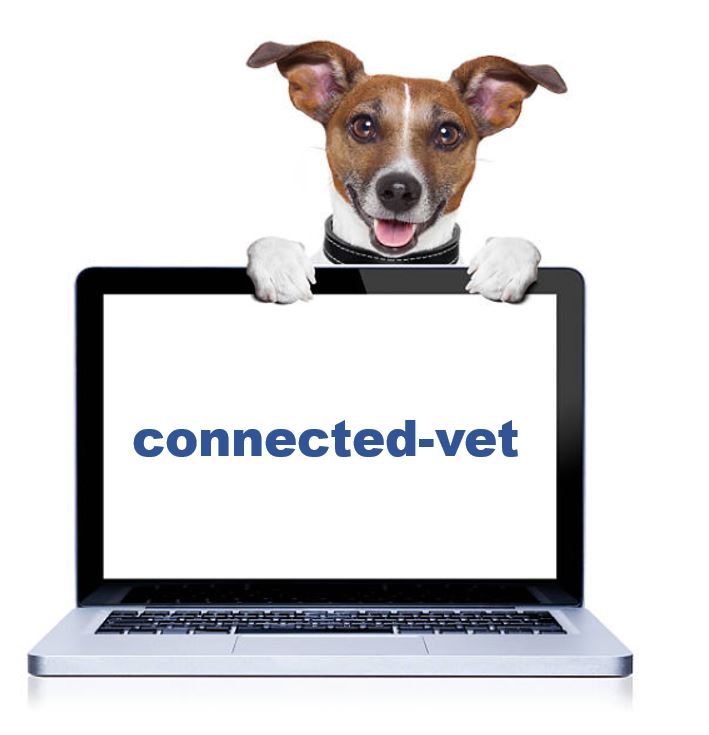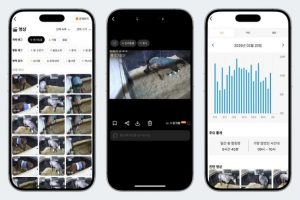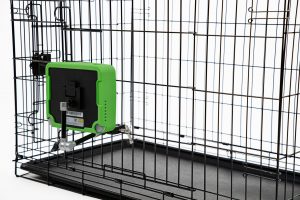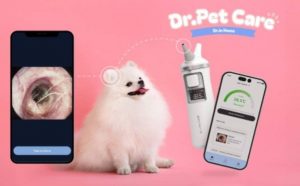A survey of roughly 215 veterinary practices in the northeastern United States and approximately a hundred practices in other parts of the country offers a glimpse of the financial and operational impacts on a segment of the industry.
Independent Vets, which provides relief veterinarians to animal hospitals in the Northeast, conducted the survey through the week of April 14.
The survey found that three-quarters of veterinary hospitals reported a reduction in revenue of more than 20%, with roughly a third reporting reductions of 40% or more. Sixty-two percent of veterinary hospitals said they are or will be applying for a loan from their bank or a local, state, or federal agency.
Forty-three percent of veterinary hospitals saw a reduction in appointments of over 40%. About a third of veterinary hospitals reported appointments had dropped between 20% and 40%.
Practices said the main drivers for their revenues to return would be recapturing wellness visits that were canceled, nonessential surgeries that were postponed, and dental visits that were postponed.
Veterinary practices in the Northeast have reduced operating hours more drastically than practices elsewhere in the United States, the survey found. Northeastern veterinary practices are also reporting much larger reductions in appointments.
Compared with the Northeast, other regions are showing greater decreases in staffing, with more staff members being unwilling to work or needing to care for children at home. This is compounded with a higher stress level reported in other regions, compared with the Northeast.
Matt Shivers, director of business development for Independent Vets, believes the difference in regional stress levels is a result of experience. “This virus hit the Northeast earlier and harder than many parts of the country, some of which are just now seeing increases in the number of COVID-19 cases,” Shivers said.
Roughly 90% of practices had adopted curbside drop-off and were no longer allowing clients into the hospital. Approximately 70% of veterinary hospitals were practicing virtual checkout and were handling billing procedures via phone and video calls.
An earlier iteration of the survey, of more than 230 practices in the Northeast through March 29, found that more than half (57%) of practices reported difficulties in acquiring supplies, with personal protective equipment and cleaning supplies being the most difficult products to secure.
The survey found that veterinary hospitals are experimenting with remote medicine. Most practices are increasing text messages with clients and are communicating electronically with clients to follow up on ill patients and perform rechecks.
Many comments showed veterinary hospitals are more actively researching telemedicine options at this time, the survey found.
Sixty-six percent of respondents are “very” or “extremely” confident business will return to normal. Two-thirds estimate June or July will be when they return to normal or improve.
Lire la suite: www.avma.org






